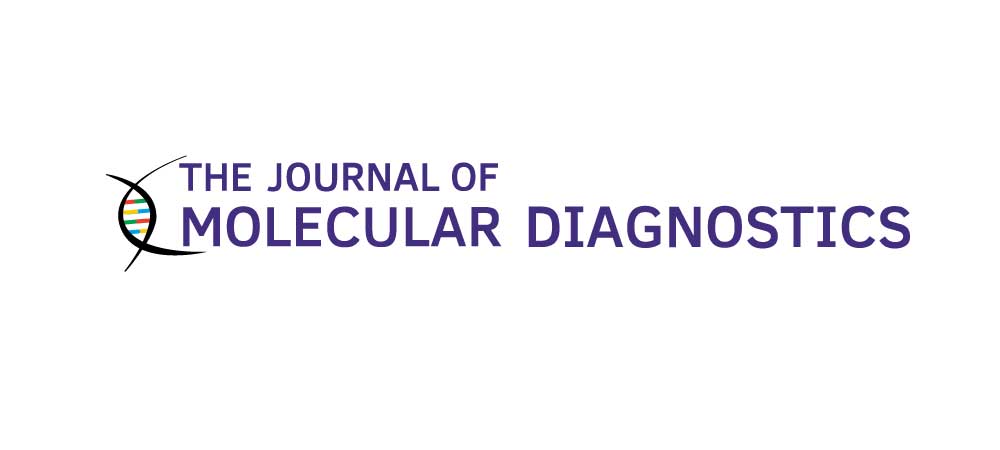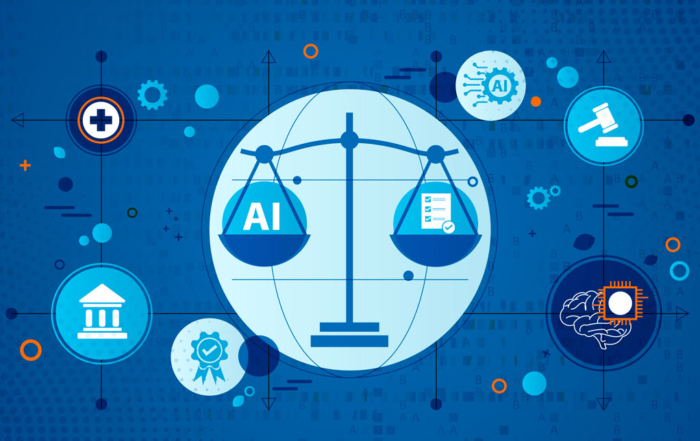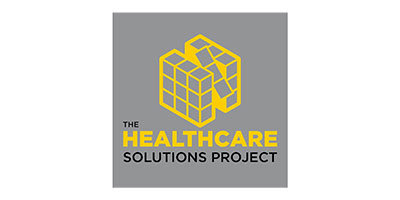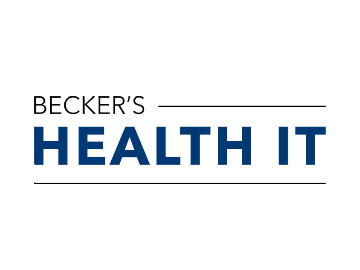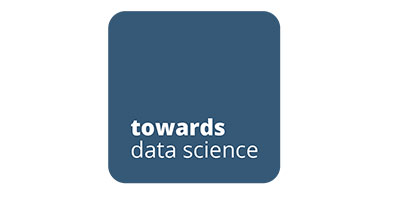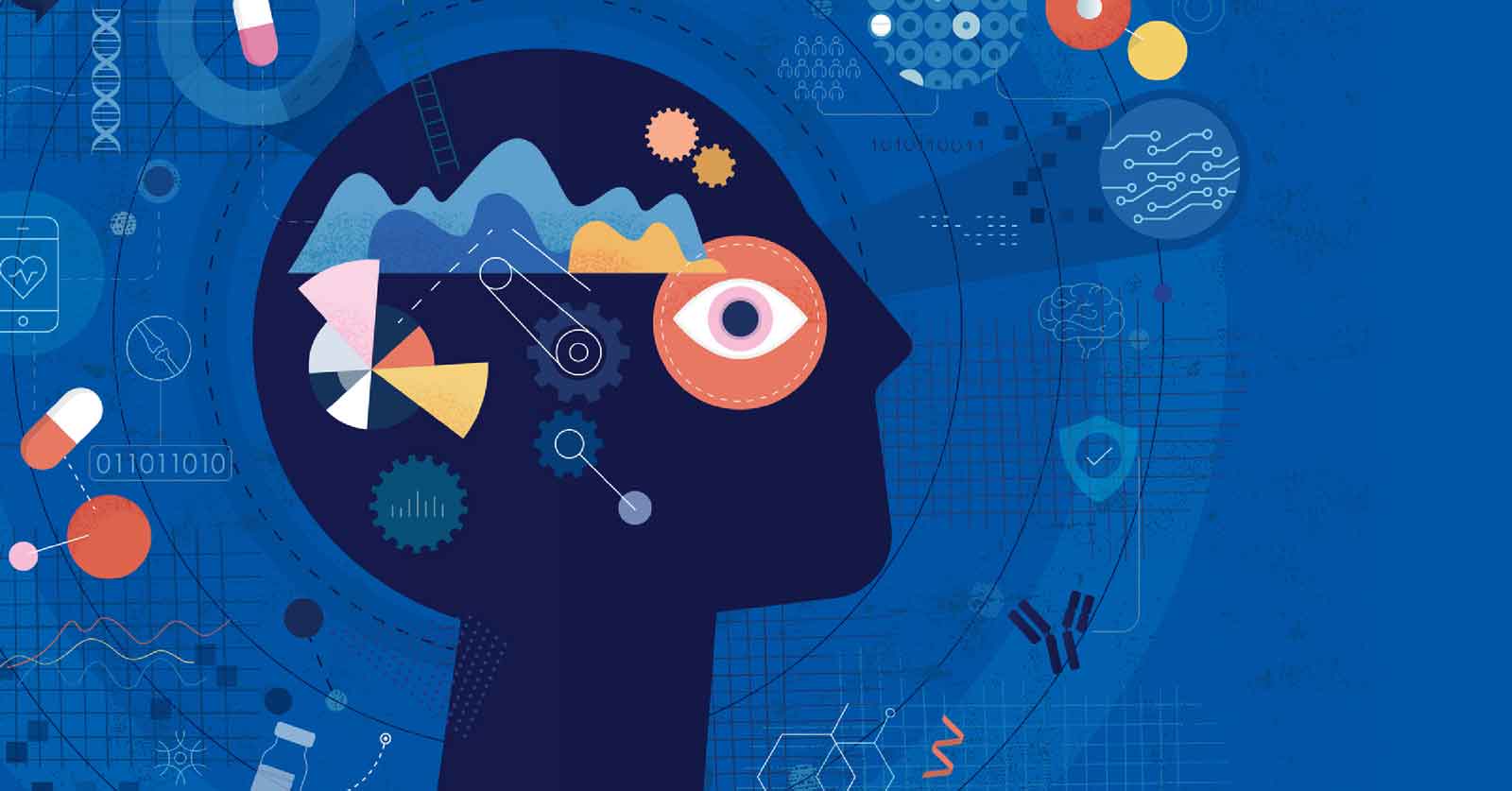
AI in Pharma: Revolutionizing Biotechnology and Precision Medicine
This article is written in response to "AI in Pharma: The Growing Number of Pharmaceutical Use Cases" by Nick Wichert of High Alpha Innovation
This article is written in response to “AI in Pharma: The Growing Number of Pharmaceutical Use Cases” by Nick Wichert of High Alpha Innovation.
https://www.highalphainno.com/articles/ai-in-pharma
The integration of artificial intelligence (AI) into the pharmaceutical industry is transforming the landscape of drug discovery, diagnostics, and biotechnology. This shift is crucial for companies like Decode Health, which leverages AI to advance precision medicine in partnership with pharmaceutical, diagnostic, medical device, and technology companies.
Historically, the pharmaceutical sector has adopted digital solutions more slowly than other industries. High Alpha points out that this delay has posed significant risks, such as falling behind more digitally agile competitors who can innovate rapidly to bring new drugs to market. Additionally, these companies may fail to meet consumers’ evolving digital expectations, especially as demand for personalized digital health solutions grows. A lack of agility can also hinder the industry’s ability to respond swiftly to global health crises such as COVID-19. The intricate nature of pharmaceutical research, particularly within a strict regulatory environment, has traditionally hindered digital integration. However, the sector is now recognizing the necessity of AI tools to remain competitive in the current landscape.
AI is playing a significant role in advancing precision medicine by enabling more efficient and accurate analysis of genomic data. Companies like Decode Health rely on AI-driven tools to speed up drug discovery and improve the clinical trial process. AI can identify potential drug targets and predict patient responses by processing vast genomic information alongside clinical data. These AI approaches are applicable to both chronic and acute disease states. For example, AI can help identify new biomarkers and laboratory values to better detect disease states such as sepsis. This accelerates the development of new therapies, enhances diagnostic capabilities, and facilitates personalized treatment plans tailored to individual patients.
In molecular diagnostics, AI enhances the accuracy and efficiency of disease detection and prognosis. AI algorithms can integrate diverse data sets—imaging, genetic, and clinical—to provide diagnostic insights. By combining these data, AI enables earlier and more accurate disease detection. For example, AI can discern patterns in genetic mutations indicative of certain cancers, enabling earlier and more precise interventions.
Integrating AI into pharmaceutical workflows can be especially impactful for clinical trials. AI can improve the design and execution of trials by analyzing patient data to identify ideal participants, predicting potential outcomes, and continuously monitoring trial progress. This allows for real-time adjustments, improving trial efficiency and reducing costs. Furthermore, AI can identify patterns and correlations in trial data that might be missed by traditional methods, leading to more accurate and reliable results. This is important in the pharmaceutical industry, where the ability to swiftly bring drugs to market can significantly impact patient care and treatment outcomes. High Alpha highlights how these advancements are setting new standards in the industry, making the clinical trial process more efficient and effective.
Alongside these opportunities, ethical considerations, data privacy, and the need for responsible regulation present obstacles. Integrating AI into any industry also demands substantial investment in infrastructure. These challenges require collaboration among industry stakeholders, academic institutions, and regulatory bodies. Partnerships can address logistical issues, establish ethical guidelines, and promote sharing of knowledge and resources.
As the pharmaceutical industry continues to evolve, the rapid adoption of AI is inevitable. Biotechnology and precision medicine analytics firms like Decode Health are actively positioning themselves for the future by leveraging AI to advance healthcare initiatives. By embracing AI, these companies aim to achieve rapid breakthroughs, improve health outcomes, and enhance the quality of life for patients worldwide. Professionals in pharmaceuticals, genomics, precision medicine, and molecular diagnostics are encouraged to harness the power of AI to explore new possibilities in healthcare.


